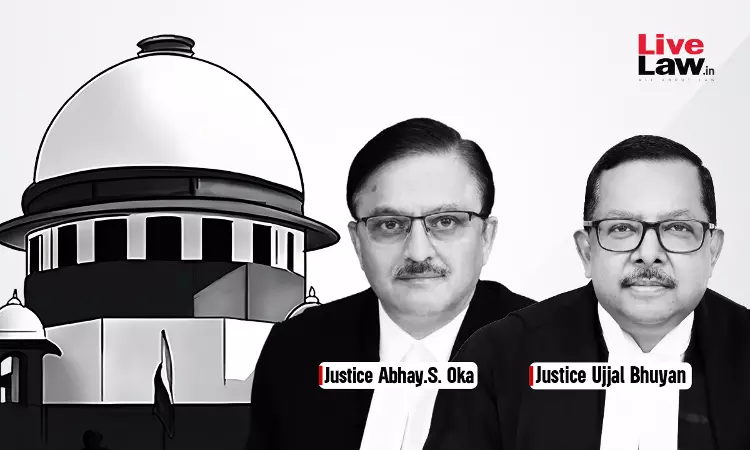The Supreme Court (on March 18) observed that recording only the examination in chief of witnesses without recording their cross-examination is contrary to the law. To strengthen this, the Court also referred to Section 138 of the Indian Evidence Act of 1872, which outlines the examination order of witnesses. As per this provision, the witnesses are required to be first...

